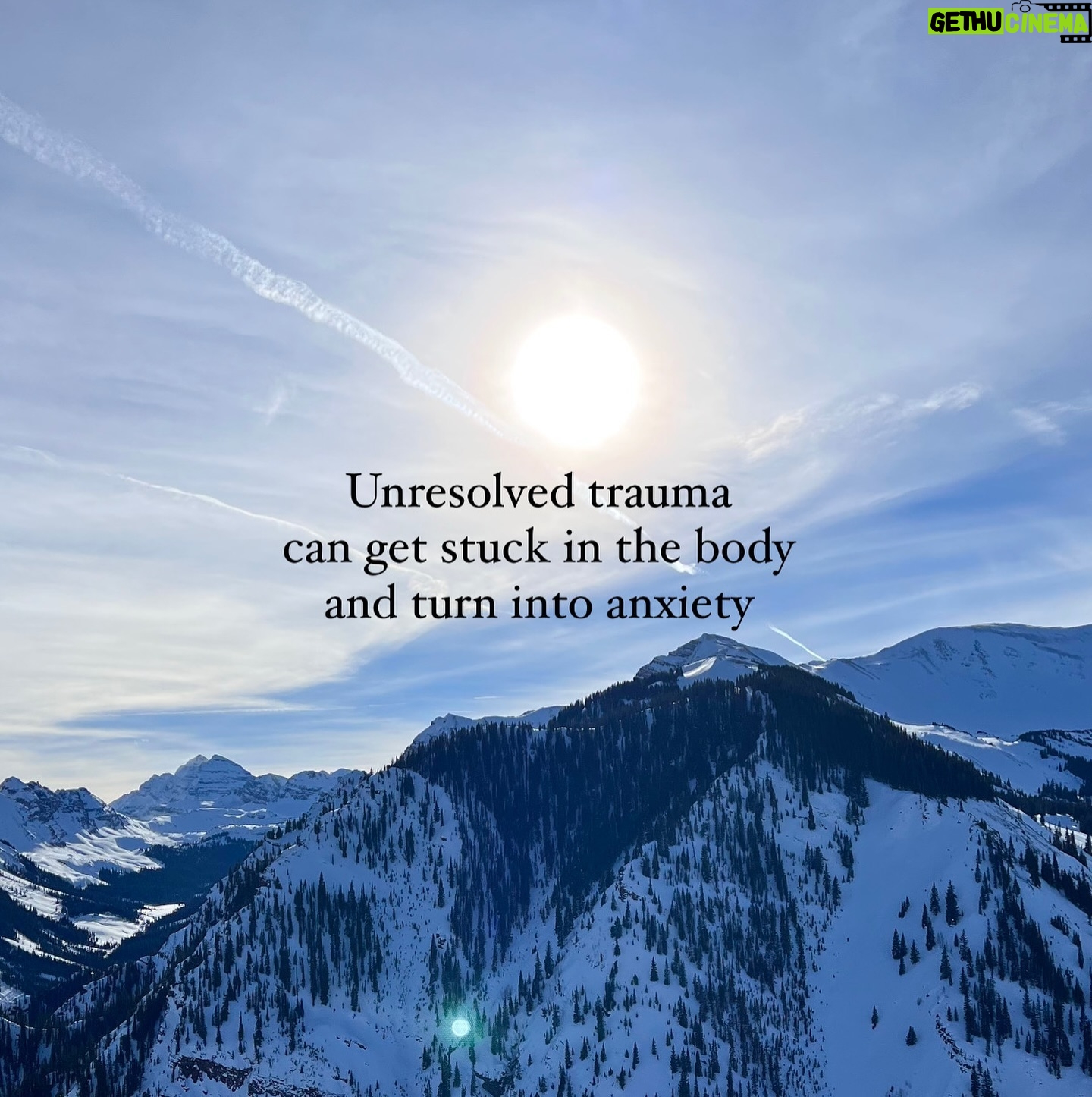Liberté Chan Instagram – It’s the end of May and the end of Mental Health Awareness Month, so I thought I’d take a moment to share a few things I never really talk about on this feed.
1️⃣ I struggled with depression, anxiety and extremely low self esteem as a teenager which led to self-harm, panic attacks and a decades long eating disorder.
2️⃣ After being diagnosed with clinical depression and anxiety in my 20s, I was put on medication (SSRI).
3️⃣ After years of DBT (Dialectical Behavior Therapy, talk therapy for people who experience emotions very intensely), I weaned myself off of the medication.
4️⃣ Today, I’m still in therapy, but I have a healthy relationship with myself and food. I am also much better at regulating my emotions and practice mindfulness techniques to manage my stress and negative inner dialogue.
While I don’t know the exact reason why I struggled with a mental health condition for most of my life, I do know that childhood trauma (i.e., childhood abuse, neglect, and household dysfunction) most likely contributed to it. One day I’ll share details of my experience, but for now, I’ll talk about its impact ⬇️
Childhood trauma is prevalent in our society and can negatively affect us as adults.
The ACE Study (Adverse Childhood Experiences) found a direct link between childhood trauma and adult onset of chronic disease and other negative health issues.
The study found that nearly two thirds of U.S. adults reported at least one ACE, and approximately 1 in 6 U.S. adults reported 4 ACEs.
Females and several racial and ethnic minority groups were at greater risk for experiencing 4 ACEs, which can lead to a much higher risk of: physical health issues, depression, substance abuse, dementia and Alzheimer’s.
People with unresolved childhood trauma tend to have an unregulated sympathetic nervous system; they are quicker to activate and get into a state of fight or flight. Triggers can be anything from a word, an image or even a smell.
The good news is, with sufficient support, it is possible to heal from trauma and manage a mental health condition.
@namicommunicate
@nimhgov
Study:
https://www.cdc.gov/mmwr/volumes/72/wr/mm7226a2.htm
#mentalhealth | Posted on 30/May/2024 17:48:18







